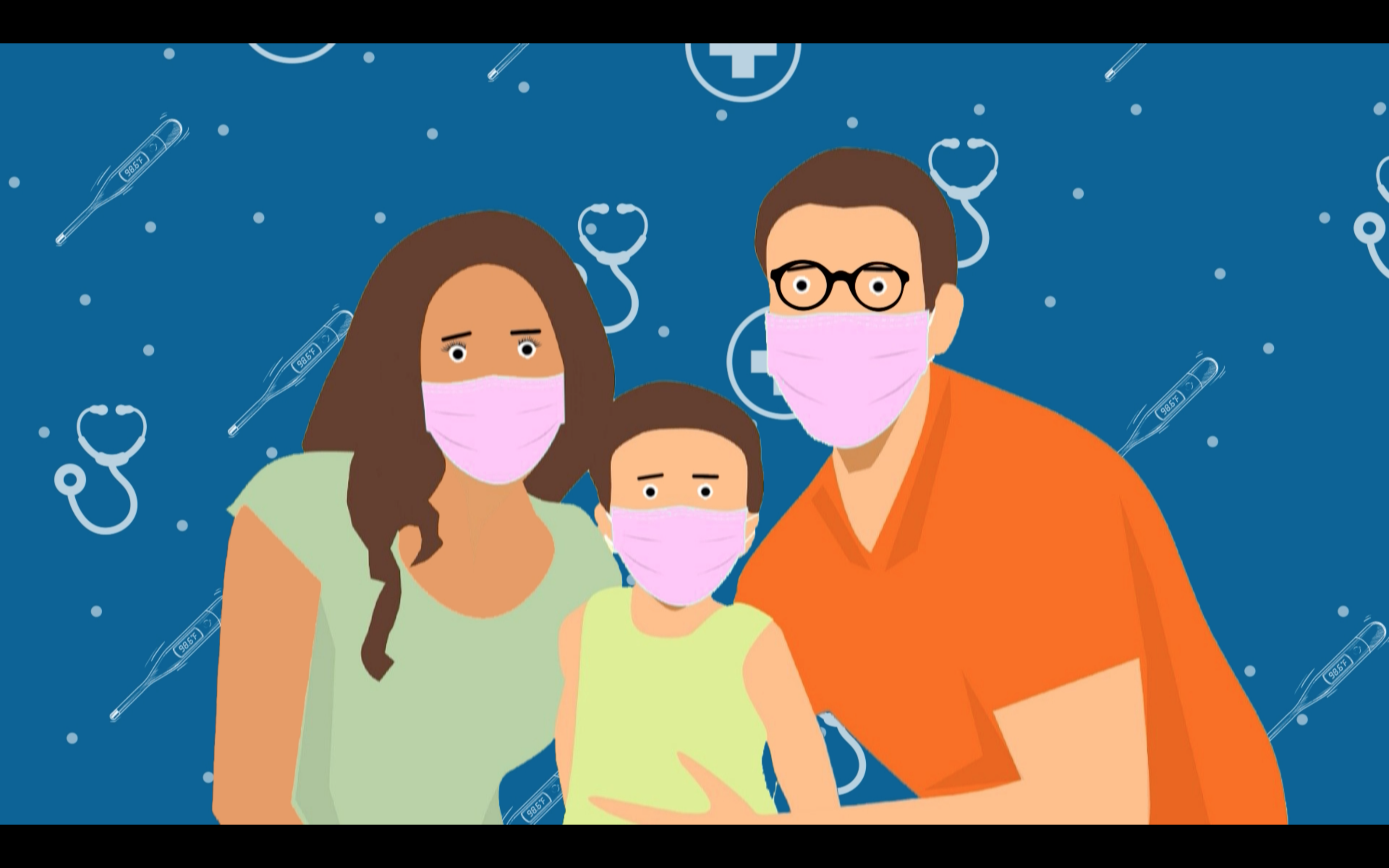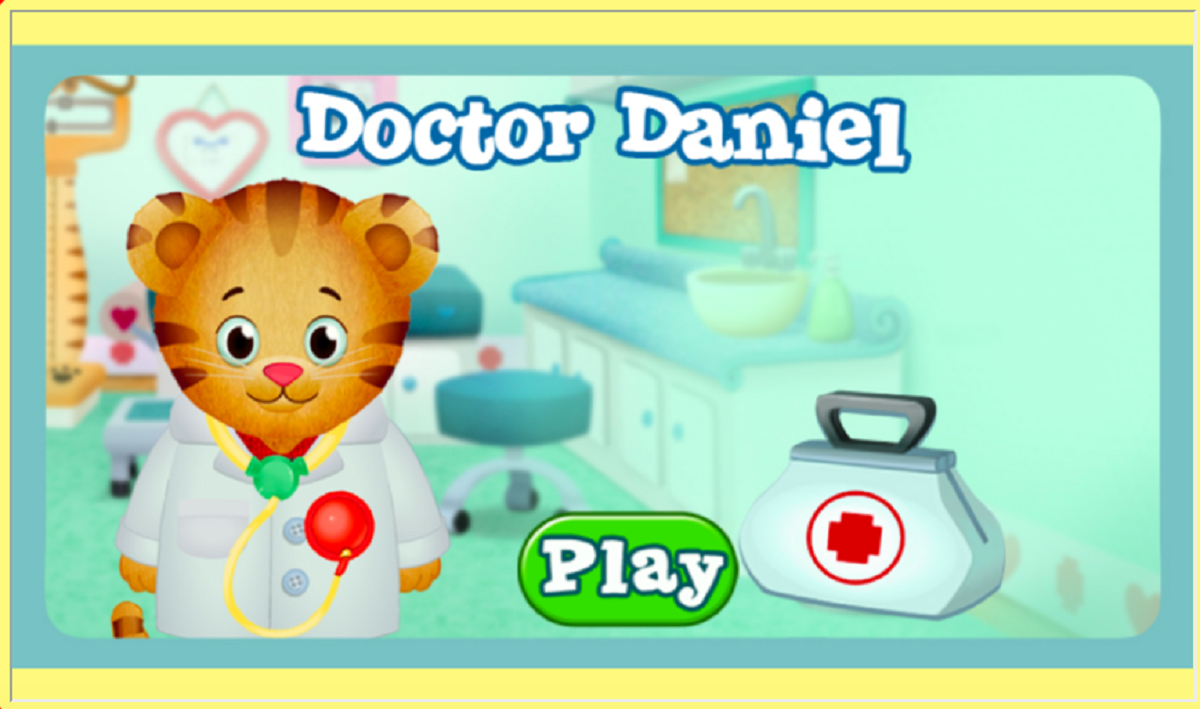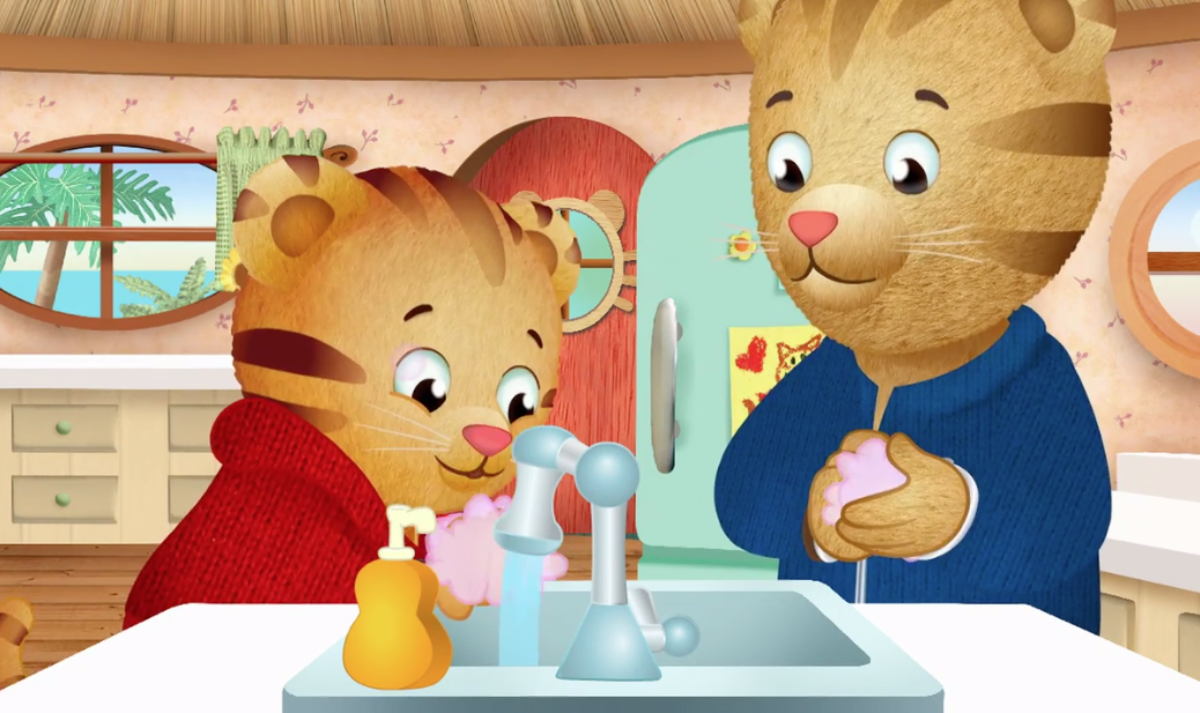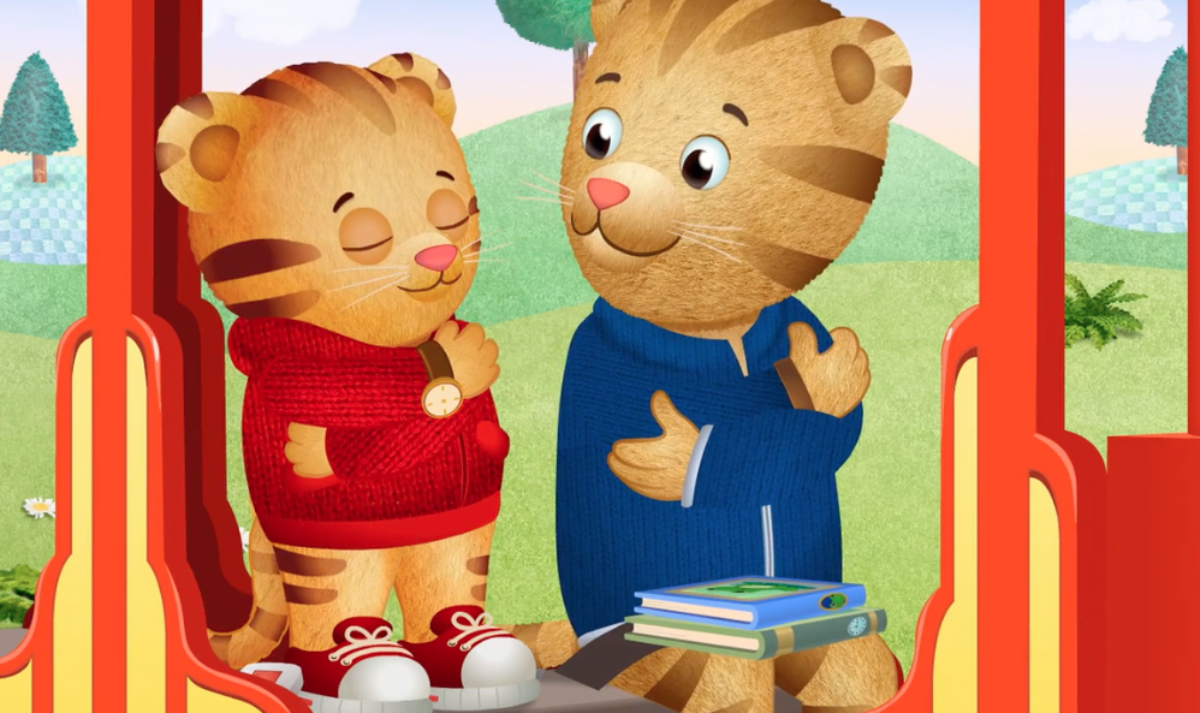
rootle
What is it important to wear a mask right now?
Check out this video for kids from WUCF in Florida on the importance of face masks!
Coronaviruses are a large family of viruses that can cause illnesses in animals and humans. These illnesses can range from the common cold to Severe Acute Respiratory Syndrome (SARS-CoV). The Coronavirus Disease 2019 (COVID-19) is a new strain not previously identified in humans. COVID-19 was originally detected in Wuhan City, Hubei Province, China, and has now spread to more than 34 countries, including the United States, which prompted the declaration of a public health emergency.
PBS North Carolina provides livestreaming of emergency news conferences. These livestreams appear on thePBS North Carolinaand the Department of Public Safetywebsites. In partnership with North Carolina Emergency Management, PBS North Carolina also provides live Spanish interpretation of emergency news conferences from the State Emergency Operations Center in Raleigh. A Spanish language web stream has been added to both websites.
Code is available for digital media providers to embed the web streams into their own content.



Call your healthcare professional if you feel sick with fever, cough or difficulty breathing and have been in close contact with a person known to have COVID-19, or if you live in or have recently traveled from an area with ongoing spread of COVID-19.

rootle
Check out this video for kids from WUCF in Florida on the importance of face masks!

PBS North Carolina's 24/7 PBS Kids Channel provides a destination for wholesome, educational & entertaining content for children ages 2-8.

Learn about all the interesting instruments that doctors use.


Learn important ways to speak with your children about COVID-19.
The app empowers parents and caregivers with songs and videos from Daniel Tiger’s Neighborhood.

Weekday newsletter offers tips and activities you can use to help kids learn and play at home.

Tips and tricks that you can use to help you and your kids stay stress free.
PBS North Carolina (formerly UNC-TV) and the NC Department of Public Instruction bring curriculum-informed educational content to all students for free.
